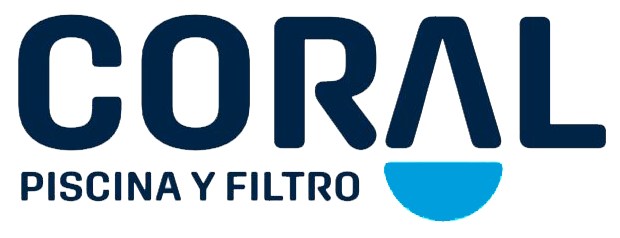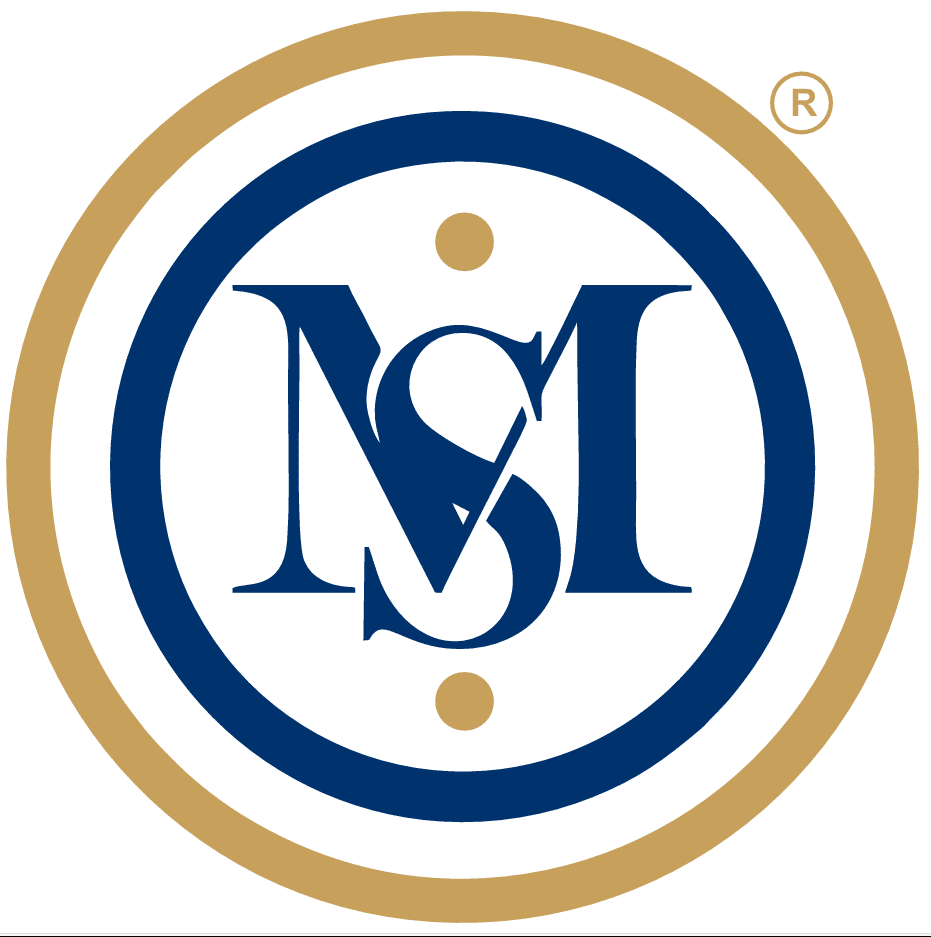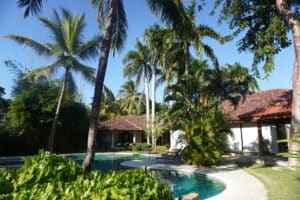veteran dominican republic
Navigating the complex process of applying for a U.S. visa from the Dominican Republic can be a daunting task, particularly for those in the military and veteran communities who may face unique challenges and circumstances. Having gone through this process myself, I understand the nuances and can offer a firsthand perspective that goes beyond generic advice, providing a detailed guide that addresses specific concerns and requirements.
Learn about applying for a U.S. Visa in the Dominican Republic
- Process for nonimmigrant visas like tourism, business, study, and temporary employment.
- Details on immigrant visas like family-based, fiancé(e), and employment-based options.
- Additional information on renewing visas and other visa categories.
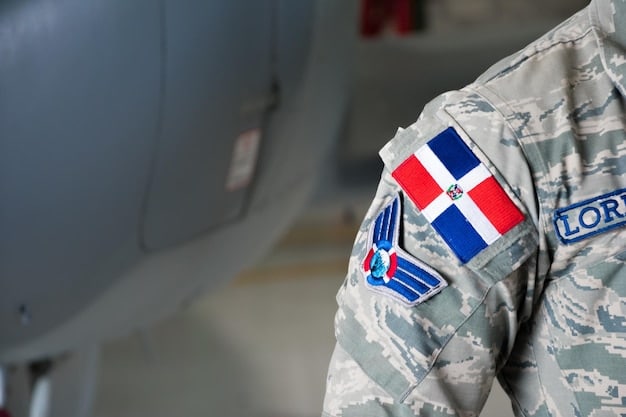
Nonimmigrant Visas
Tourism & Visit
When considering a U.S. visa application for tourism or a short visit, the B-2 visa is your go-to. During my application process, I found that the U.S. Embassy in Santo Domingo prioritizes clarity and completeness in the documentation. Make sure your travel itinerary is detailed, and your ties to the Dominican Republic are well documented to assure the consular officer that you will return after your visit.
- Insider Tip: Schedule your embassy appointment during the tourist off-season; wait times can be significantly shorter.
Real-Life Visa Application Experience
I remember helping my friend Maria apply for a U.S. visa in the Dominican Republic. She was thrilled about the opportunity to visit the U.S. for a tourism and visit purpose. Maria carefully gathered all the required documents, including proof of ties to her home country and a detailed itinerary of her trip.
At the visa interview, Maria confidently answered the officer’s questions about her travel plans and provided all the necessary information. Thanks to her thorough preparation, Maria’s visa application was approved, and she was able to enjoy her trip to the United States stress-free.
This experience taught me the importance of being well-prepared and organized when applying for a U.S. visa, ensuring a smooth and successful application process.
Business/Tourism
For those applying for a B-1 visa for business purposes, be prepared to provide extensive documentation regarding your business activities. This includes invitations from the inviting company in the U.S., proof of your position in the Dominican company, and financial statements. Speaking from experience, having a letter from a U.S. company that outlines the purpose of your visit and its duration can markedly smooth the path.
Study & Exchange
Applying for a student visa, typically an F-1, requires acceptance into a U.S.-based educational institution. The crucial part is the interview, where you must convincingly articulate your intention to return to the Dominican Republic post-studies. This was a stumbling block for a colleague, who had to reapply after strengthening his application with additional proof of his intent to return.
Temporary Employment
For temporary work visas like the H-1B, the employer in the U.S. plays a significant role. They must file a petition on your behalf. From my network within the expat community here, it is clear that these petitions require precision in detailing the nature of the job and its necessity for a non-U.S. resident.
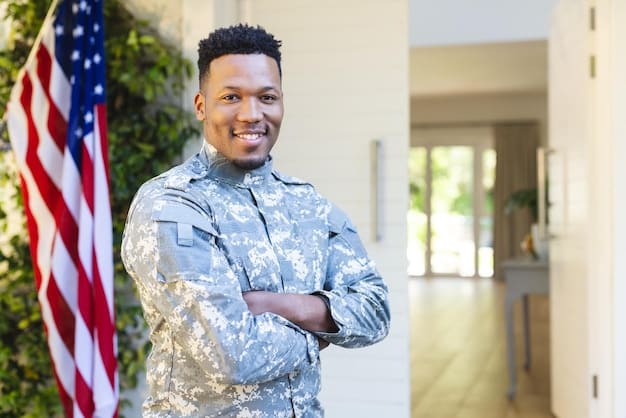
Crewmember Visa
If you’re working on a ship or airline that operates to and from the U.S., the D visa is your requirement. My cousin, a pilot, found this process straightforward, provided that all employment details and the nature of the work are clearly stated in the application.
Transit
Transiting through the U.S. requires a C visa. The key here is proving that your stay in the U.S. is strictly for transit purposes. This means your onward ticket and documentation about your final destination need to be in perfect order.
Diplomats and Foreign Government Officials
A or G visas are designated for government officials traveling for official duties. Ensure that your official documents, such as an invitation from the U.S. government or a diplomatic note from your ministry, are impeccable.
Victims of Human Trafficking
The T visa application process is deeply sensitive and complex. It requires substantial evidence of trafficking and cooperation with law enforcement if applicable. This is one area where legal advice is not just recommended but essential.
Victims of Criminal Activity
The U visa is another category where the applicant’s cooperation with U.S. law enforcement in investigating or prosecuting criminal activity is crucial. Documentation of the crime and your helpfulness to authorities are key components of the application.
Renew My Visa
Renewing your visa can be as challenging as the first application. Always ensure that you have maintained your visa status cleanly and that you apply well before the expiration. Based on personal experience, keep track of all travels and stays in the U.S. to present a clear history during your renewal process.
Immigrant Visas
Family-Based Immigrant Visas
If you are applying for a visa through family ties, such as a spouse or a child who is a U.S. citizen, the process can feel intrusive, as it scrutinizes the legitimacy of relationships. A friend found it helpful to include as much proof of genuine relationships as possible, including photographs, correspondence, and joint financial statements.
Fiancé(e) Visa
The K-1 visa allows U.S. citizens to bring their Dominican fiancé(e) to the U.S. with the intention of getting married. From a personal anecdote, a colleague had to provide extensive proof of the relationship, including records of visits and communications.
Employment-Based Immigrant Visas
For those applying through employment, such as the EB-1, EB-2, or EB-3 visas, the process often hinges on the sponsoring employer’s documentation and the applicant’s qualifications. I have seen many qualified friends succeed by meticulously preparing their application packets to highlight their unique skills and qualifications that benefit the U.S.
Returning Resident Visa
If you were a lawful permanent resident who stayed outside the U.S. for reasons beyond your control, apply for an SB-1 visa. A family member had to demonstrate the reasons for their extended stay abroad were compelling and unplanned to secure their return to the U.S.
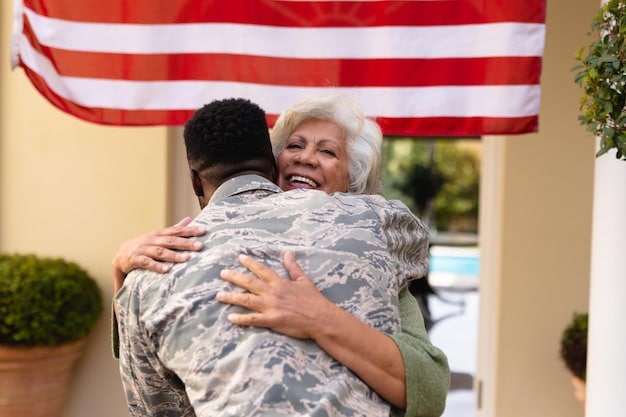
Additional Information
Navigating U.S. visa applications from the Dominican Republic requires patience, meticulous attention to detail, and often, a personal touch in how you prepare and present your case. Utilize resources like the official U.S. Embassy in Santo Domingo website for up-to-date information and contact details.
In conclusion, applying for a U.S. visa, whether nonimmigrant or immigrant, is a rigorous process that tests your patience and attention to detail. My journey and those of my peers underline the importance of thorough preparation and an understanding of the specific requirements of each visa category. Personal experiences interwoven with expert insights suggest that while the process is challenging, it is navigable with the right approach and mindset.
Frequently Asked Questions
Who can qualify as a veteran in the Dominican Republic?
Individuals who have served in the military of the Dominican Republic.
What benefits do veterans in the Dominican Republic receive?
Veterans may receive healthcare, housing, and financial support.
How can a veteran in the Dominican Republic access healthcare?
Veterans can access healthcare through the Ministry of Defense.
What if I served in another country’s military, can I still be considered a veteran in the Dominican Republic?
No, only those who served in the Dominican military are considered veterans.
How can a veteran apply for housing assistance in the Dominican Republic?
Veterans can apply for housing assistance through the Ministry of Defense’s housing program.
What support is available for veterans dealing with mental health issues in the Dominican Republic?
Veterans can access mental health services through the Ministry of Defense’s healthcare system.



